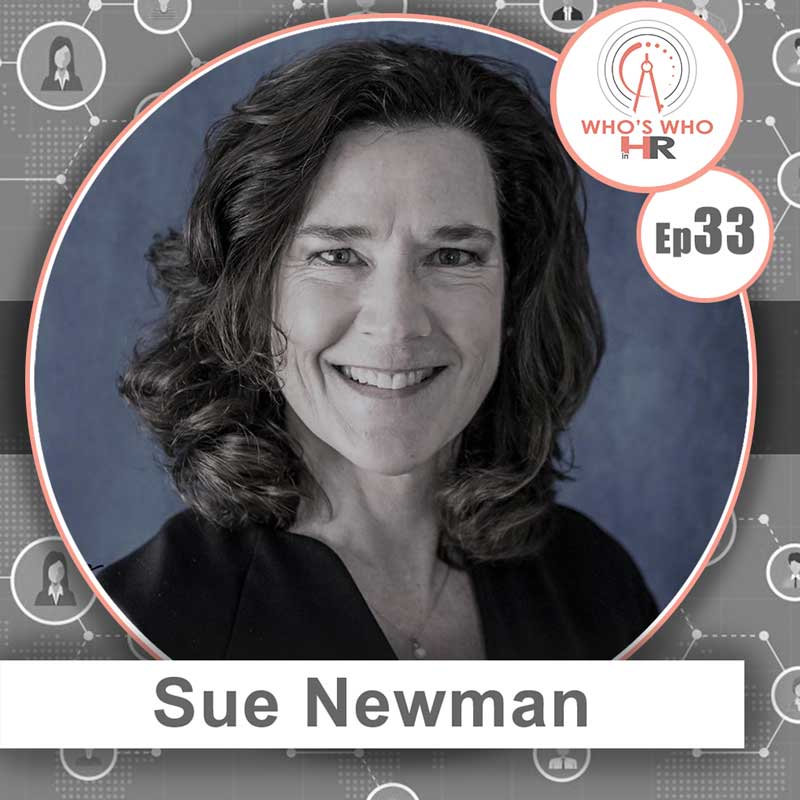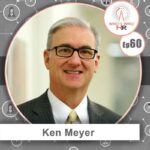Sue Newman is the Director for HR Transformation for Republic National Distributing Company (‘RNDC”).
RNDC is the nation’s second-largest distributor of beverage alcohol in the United States.
On August 1, 2019, RNDC and Young’s Market Company (Young’s) announced the completion of a Joint Venture Partnership Agreement. As a result of the partnership, RNDC and Young’s now service customers in 31 states plus the District of Columbia and employ nearly 13,000 people.
In the newly created role of Director, HR Transformation, Sue serves as HR Business Partner to multiple department leaders providing subject matter expertise, strategic direction, and execution on best practices in human capital workflow processes, policies, and programs and change leadership strategies that impact the enterprise especially in the area of integration, mergers, and acquisitions. She is a certified Senior HR Professional through the Society for Human Resource Management (SHRM), as well as a certified facilitator of the Myers-Briggs Type Indicator, and a Master Facilitator with Development Dimensions, International.
Ms. Newman has been with RNDC for more than 11 years. Prior to her role in HR Transformation, she enjoyed a progressive career with RNDC, beginning as HR Manager in New Mexico for National Distributing Co. She most recently served as the Corporate Director, supporting the organization’s Finance and IT departments, in addition to managing a small team of HR professionals supporting RNDC’s wholly-owned affiliates in Georgia and New Mexico, National Distributing Co.
Ms. Newman joined the RNDC family after working as an HRBP at Intel Corporation, then as the Payroll / Personnel Manager for the Albuquerque Police Department, in Albuquerque, NM. She is the proud mother of two young men who are serving in the US Air Force and Air National Guard, and she instructs Basic Pistol and Firearms courses to handgun enthusiasts in the DFW area.
More from Sue…
Sue Newman is huge on embracing new technology to streamline the work within any organization. But when employees hear about technology helping to eliminate tasks, it makes workers feel as if their days at the company are numbered.
But Sue says that’s not what the technology is about. She explains how to keep employees energized, even when automation eliminates certain functions.
“So how do you get the buy-in? Well, it really comes back to that meaningful investment in breaking our work down into the individual tasks, deconstructing the jobs. And once we deconstructed that job and applied our technological opportunities to improve or eliminate that task, then it becomes self-evident, showing people that it’s not about eliminating your job, we’re not trying to put you out of work. We’re not trying to make you irrelevant in the work that you’re doing today.
Instead, we’re trying to clear the path so that you can give us your best. And apply all of those wonderful attributes that you bring to your work every day. Apply those in a way that only you can, so that you’re really doing the one most meaningful thing that any kind of technology could not do. I need you to be that rich, wonderful, complex person that you are not by way of completing some administrative redundant task.
You’re not giving me your best if you’re doing something very administrative, very mindless. Let me solve that for you. Let me give you a technology or give you an option or eliminate the task altogether. So that the time that you spend with me, the time that you’re here with this organization, is truly time that you are applying that rich, wonderful, complex person that you are, to engage and to solve problems, to be creative, to be innovative. I need you playing in that space. I don’t need you being an administrator. Let me solve that for you.”









